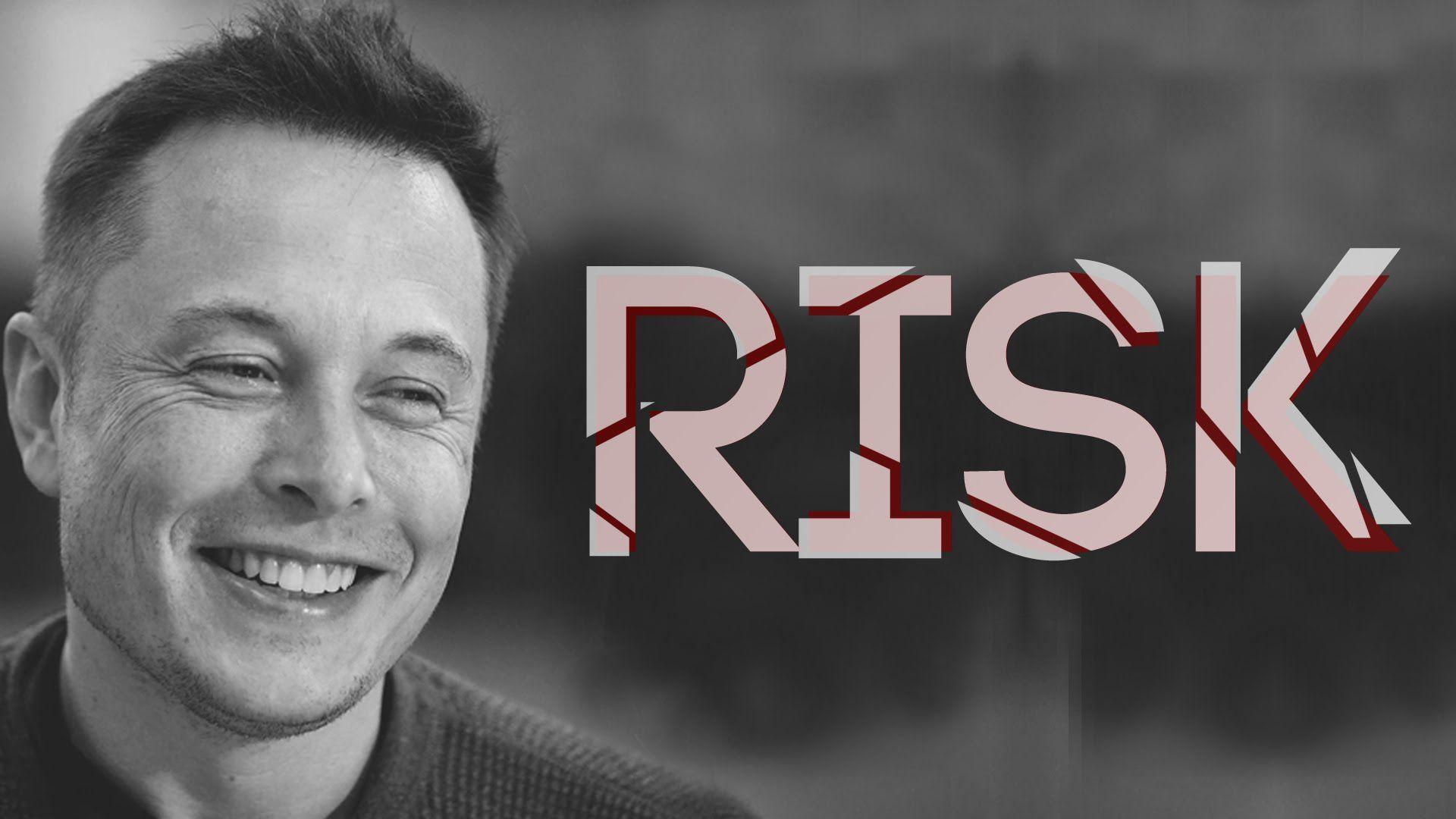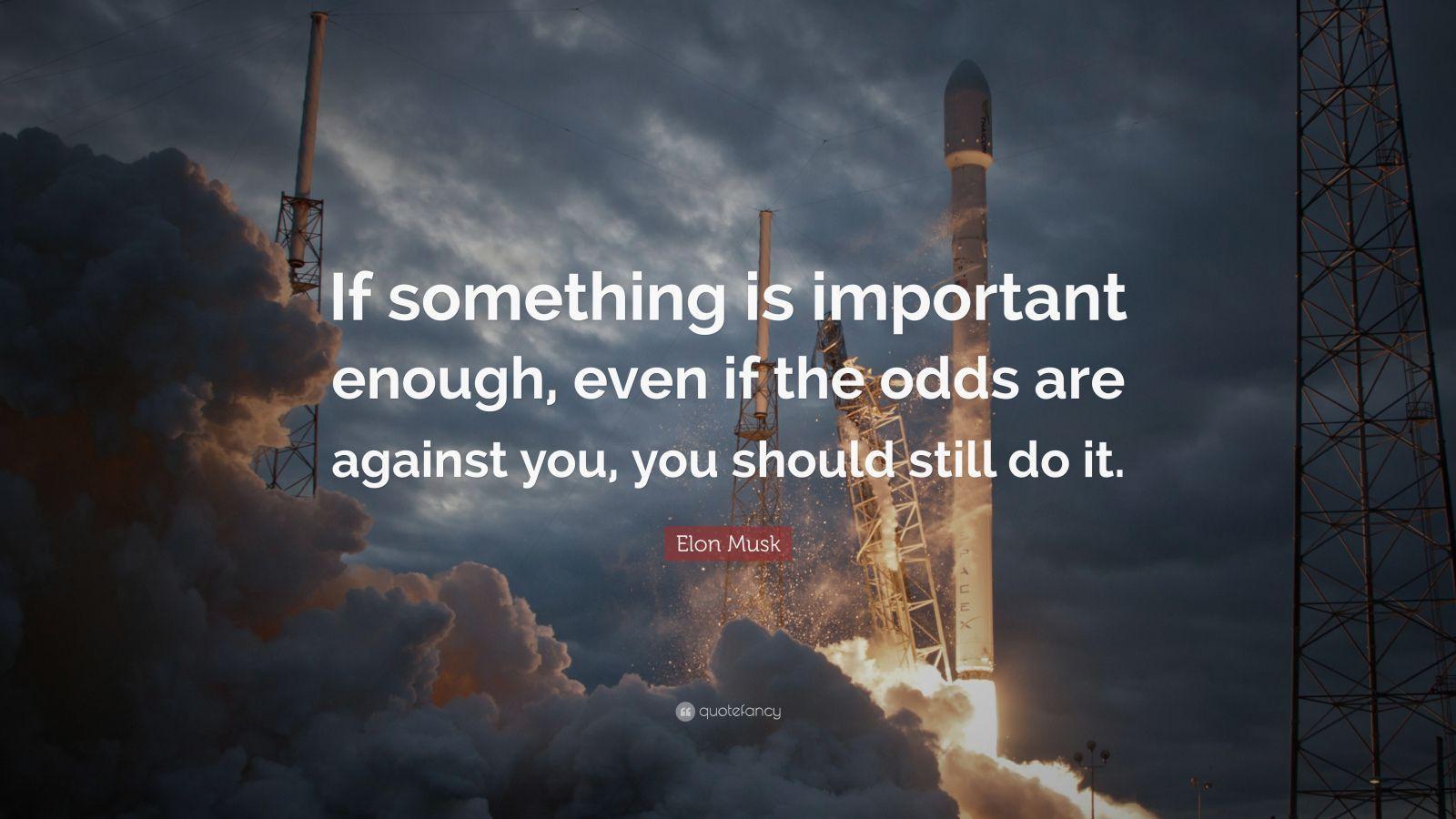Elon Musk - Failure is an Option
Introduction
W hile most corporate governance focuses on minimizing risk, Elon Musk remains quite and successful because he is a venturesome visionary who welcomes risk, and even failure, as the conduit to successful invention. To be effective in the leading technology industries of the 21st Century, Musk has continually grown and utilized his leadership and communication skills to “actively and devotedly work on finding solutions” to major global problems. In the past decades, achieving sustainability as quickly as possible has become paramountin today’s society. The term sustainability is concerned with how biological systems embrace diversity within the ecosystem and indefinite productivity, in a specific sense. The ingenuity of Elon Musk has encompassed the broader meaning of sustainability, by incorporating theendurance of systems and processes into the foundation of his ventures.
1. Background and education
Elon Musk was born and raised in South Africa. As a youth, Musk longed to obtain citizenship in the United States. As a young adult, Elon Musk immigrated to Canada where he became a citizen through his mother’s lineage. A Canadian citizen, Musk performed manual labor in several jobs and positions to make a living.
The educational background of Musk tells of his determination to succeed. Most sources pick up with his initial attendance at the Queens College in Canada. After a short time passed,
reports say, “Before completing his degree [Musk] came to the United States as an international student.”
A continued pursuit of business knowledge and applied science led Musk to complete undergraduate studies through a Bachelor of Science in Business from the Wharton School
(University of Pennsylvania) and, later, a Bachelor of Arts in Economics and Physics from the University of Pennsylvania, proper.
2. Career
Once Elon Musk’s childhood dream of reaching the United States was accomplished, he “made his way out to Silicon Valley, gained legal authorization to work” through a visa and, with the aid of his brother, began his first business venture called Zip2. Shortly, thereafter, Musk became a United States citizen in 2002, sold Zip2 to Compaq, and cofounded X.com as a pioneering company facilitates payments through cyberspace.3
Musk’s transferred his ingenuity
to PayPal, who bought the X.com website as a template to become an exemplary online financial services provider. From this entrepreneurial launch pad (no pun intended), Elon Musk became the founder and CEO of Tesla Motors, SolarCity, and SpaceX.
The latter subject has become the foremost subject involving Musk in today’s media. As the 2002-founder and CEO of SpaceX, Musk has imposed an important landmark in recent history for the SpaceX company. On December 22, 2015, “the company “successfully landed an unmanned rocket upright, after sending 11 satellites into orbit.”
3. Goals
Musk’s ultimate goal spans a lifetime and has always been entrepreneurship. From the beginning, he believed the United States would be the best platform to provide such an opportunity, and Musk pursued his dream until reaching that target. After becoming a United States citizen, Musk’s business ventures provided many challenges and risks. As a leader, Elon Musk has obtained his childhood dream, and is currently compounding his aspiration – he continues to fashion new goals and dreams and set about achieving them. His pioneering spirit foresaw hurdles and his intellect found solutions to many of them before they could become obstacles. In looking and acting beforehand, “he met his goal of bringing about a huge jump in the popularity and prestige” of more than just electric vehicles – Elon Musk continues to break through established barriers and think outside of many traditional boxes.
The success of Elon Musk is largely attributable to leverage provided by his enhanced communication skills allowing him to inform, persuade, solicit, and direct inspiration to enlist
“an entire legion of workers to help him realize this vision.”
4. Inspiring Individuals
When asked about his connection to Nikola Tesla, Musk admires the genius of Tesla, but admits to being a “bigger fan of Edison than Tesla, because Edison brought his products to market and made those inventions accessible to the world.”
5. Communication Style
Pictures are always worth countless words, and those contained in this position paper are meant to convey the inspiration of the body language conveyed by Elon Musk (i.e., hand
gestures, facial expressions, expectant posture). In addition to body language, Musk’s communication style is indicative of servant leadership, supportively using conversational and inspirational tone, very effective in persuasion. Through effective communication, Musk strives to bring his dreams of “a better future for humanity” to fruition by achieving and sharing his sustainable ideals. He uses finely honed skills to communicate through “failures” and lead sustainable innovation, all while learning from
the adventure.
6. Leadership
Characteristics
Elon Musk effectively leads by a complex leadership style incorporating the highlights of authoritative tactics, though a true servant leader. Using democracy, Musk solicits feedback and participation, but is coercive in achieving compliance, handling crisis, nurturing, and compelling affiliations and forging emotional bonding within each organization. Elon Musk has entered the high-end of the markets with many of his ventures, making
quick and rational decisions, all while using real-life operations as educators. 11 Many attribute Elon Musk’s total business success to tenacity, in the face of continual threats, tempered with a “reliance on ethical standards.” 12 Others add an attribute of “designing the company’s strategy to maximize the rate of learning” to Musk’s leadership toolbox.
A team of Penn State students, collaborating through a Leadership blog as a part of their Psychology education, provided a realistic analysis of Elon Musk’s leadership style. In a consensus, Musk’s “leadership behaviors coincide with each of Bennis and Nanus’ four strategies typically used by transformational leaders.” Vision is inherent in everything “Musk”; he has always inspired his employees as a social architect; he builds trust with all stakeholders, even when it hurts; and his creativity is self-evident.
In empirical studies concerning other industry innovators, Elon Musk (2013) is proven to manage objections without breaking stride. Musk is at the front of leaders who “overcome
personal or environmental constraints” which are evidence of “the difficulty of the challenge and
extent of change necessary to achieve their aspirations, as well as the courage needed to face risks and obstacles in pursuit of their goals” (i.e., constraints included by a coercive government).
When Musk is asked what he believes is the most effective leadership trait, his reply is: I think it’s very important to have a feedback loop, where you’re constantly thinking about what you’ve done and how you could be doing it better. I think that’s the single best piece of advice: constantly think about how you could be doing things better and questioning yourself – Elon Musk
Elon Musk is a tenacious, yet sensitive, innovator and leader. An objective look at his leadership characteristics will produce many specific examples – many sources have noted that his employees at SpaceX “would follow their CEO into the sun.” He is obviously a very
conscientious visionary, yet he embraces his counterintuitive side when it really counts. Modern leaders are still learning lessons of humility from Musk’s acceptance – and welcoming - of failures as opportunities to learn, change, and grow. These lessons are crucial for
effective leadership in the ever changing, ever-evolving, complex reality of the 21st Century. When asked how he is able to innovate at such a grand scale, he talks of the importance of first-principles reasoning – “boil things down to their fundamental truths and reason up from there as opposed to reasoning by analogy… which essentially means copying what other people do with slight variations.”
7. Conclusion
In 2014, “Elon Musk, CEO of Tesla, the electric car company, announced Tesla would make its patents freely available to competitors,” via the public domain. “Conventional wisdom
holds that patents are essential to keep competitors from imitating innovations,” which is especially true for smaller startup companies such as Tesla. Historically, conventional wisdom has been wrong in some cases, altlhough Musk’s unconventional – some would say ingenious undertakings are quite timely, since the “conditions that make knowledge sharing advantageous today won’t last forever.”18 For the Tesla scenario, Musk must operate in the “sandbox” of the American automotive industry’s “Big Three.” The question arises of why a CEO on the leading edge of innovation would risk Tesla’s trade secrets and return on investment (ROI)?19 In answer, Elon Musk’s historic motivation is to inspire others – carmakers, in Tesla’s case - to stretch and improve the competition. Using Tesla, Musk’s ultimate goal in making viable electric vehicles is to reduce
the human footprint on Earth.20 By making the patents for Tesla readily accessible to competitors, he is facilitating the speed and achievement of that goal. A man who shows many “examples of transcendent deviance and the extraordinary” is an inspiration to many. The leadership style of Elon Musk is reflective of that very description, and he promises “to redefine what is possible, and potentially change the way we view the world.”
TIME Magazine says of Musk, “It’s a paradox that Elon is working to improve our planet at the same time he’s building spacecraft to help us leave it.” But it is true that genuine “vision is binocular – and Elon Musk is clearly a man who can see many things at once.”







